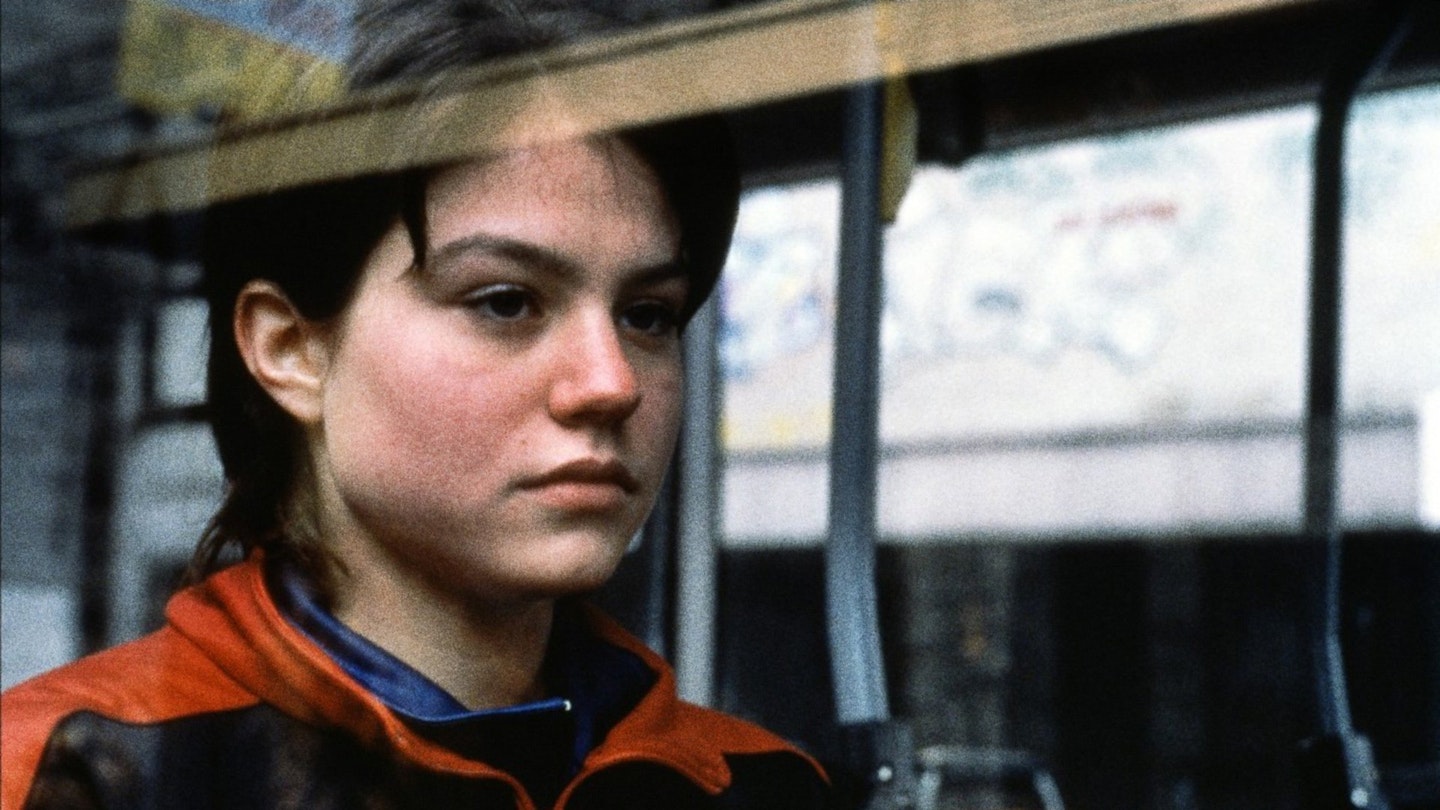Gasps of disbelief were followed by boos as David Cronenberg's Cannes jury awarded the Palme d'Or to this humble exercise in social realism.
Yet while it may not have a style, Rosetta (Dequenne) is an outsider whose shame at her marginalisation fuels an almost pathological ambition to hold down a job in the nearby town. Her abrasive demeanour alienates most employers, until she's taken on by a baker (Gourmet), who supplies a downtown waffle bar run by an amiable loser (Rongione). He wants romance, but she wants his job and will stop at nothing to get it.
Refusing to delve too deeply into what brought these nobodies to such a low ebb, this relentless study in survivalism has a Dogme - i.e. the radical realism of Lars Von Trier's The Idiots - feel about it, with its absence of plot contrivance or extraneous props and its uncompromisingly natural imagery.
Instead, the action minutely chronicles the spirit-breaking monotony of trying to get by - hence the repetition of vital small routines, as Rosetta trudges back to the trailer containing a mother (Yernaux) who will invariably be screwing the camp manager or comatose through drink.
The work of the Dardennes has often been compared to that of Ken Loach. But while that might hold for 1996's The Promise (about the exploitation of immigrant labour through the renting of illegal apartments), there's no socialist sermonising here, and none of the rambling improvisation that sometimes undermines Loach's authenticity.
Moreover, there's no easy way out for the downtrodden heroine through love or a unique talent, as in so many American trailer trash indies. No, this is life in the raw and the directors deserve praise for depicting it so dispassionately.
